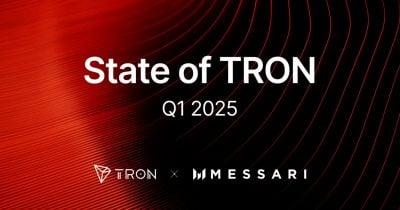VPN Concepts and Configurations
VPN Concepts and Configurations Introduction: Virtual Private Networks (VPNs) create secure, encrypted connections over public networks like the internet. They allow users to access private networks remotely, enhancing security and privacy. This article provides a concise overview of VPN concepts and configurations. Prerequisites: Setting up a VPN requires a VPN client (software) on the user's device and a VPN server managed by the provider or organization. The server has a specific IP address and requires appropriate network configurations (e.g., firewall rules allowing VPN traffic). You'll also need a VPN subscription or internal network credentials depending on the setup. Advantages: Enhanced Security: VPNs encrypt data transmitted between the user's device and the server, protecting it from eavesdropping. Increased Privacy: Masks the user's real IP address, making it difficult to track their online activity. Remote Access: Allows access to private networks (like a company's intranet) from anywhere with internet access. Bypass Geo-restrictions: Some VPNs can mask the user's location, allowing access to content restricted by geographical location. Disadvantages: Performance impact: Encryption and routing through a VPN server can slightly reduce internet speed. Security risks: Choosing an unreliable VPN provider can expose users to security vulnerabilities. Cost: Many VPN services require a subscription. Configuration complexity: Setting up VPNs, particularly on more complex networks, can be technically challenging. Features: Common VPN features include: Encryption protocols: (e.g., OpenVPN, IKEv2, WireGuard) determine the encryption method used. Kill switch: Disconnects the internet if the VPN connection drops, preventing data leaks. Split tunneling: Allows users to route only specific apps or traffic through the VPN. Conclusion: VPNs provide essential security and privacy benefits for individuals and organizations. Understanding the prerequisites, advantages, and disadvantages is vital when choosing and configuring a VPN. Careful selection of a reputable provider and appropriate configuration are essential for maximizing the benefits and mitigating risks. Choosing the correct encryption protocol based on your security needs and network conditions is also crucial.
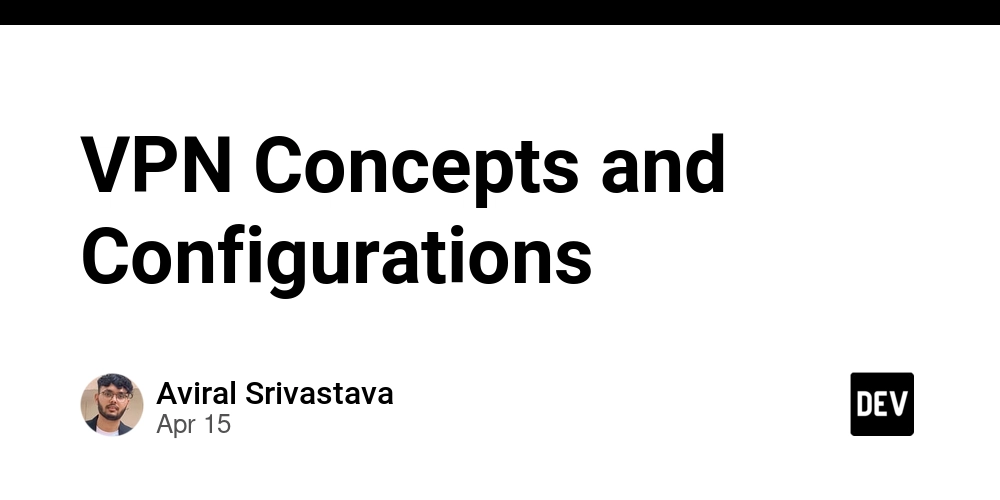
VPN Concepts and Configurations
Introduction:
Virtual Private Networks (VPNs) create secure, encrypted connections over public networks like the internet. They allow users to access private networks remotely, enhancing security and privacy. This article provides a concise overview of VPN concepts and configurations.
Prerequisites:
Setting up a VPN requires a VPN client (software) on the user's device and a VPN server managed by the provider or organization. The server has a specific IP address and requires appropriate network configurations (e.g., firewall rules allowing VPN traffic). You'll also need a VPN subscription or internal network credentials depending on the setup.
Advantages:
- Enhanced Security: VPNs encrypt data transmitted between the user's device and the server, protecting it from eavesdropping.
- Increased Privacy: Masks the user's real IP address, making it difficult to track their online activity.
- Remote Access: Allows access to private networks (like a company's intranet) from anywhere with internet access.
- Bypass Geo-restrictions: Some VPNs can mask the user's location, allowing access to content restricted by geographical location.
Disadvantages:
- Performance impact: Encryption and routing through a VPN server can slightly reduce internet speed.
- Security risks: Choosing an unreliable VPN provider can expose users to security vulnerabilities.
- Cost: Many VPN services require a subscription.
- Configuration complexity: Setting up VPNs, particularly on more complex networks, can be technically challenging.
Features:
Common VPN features include:
- Encryption protocols: (e.g., OpenVPN, IKEv2, WireGuard) determine the encryption method used.
- Kill switch: Disconnects the internet if the VPN connection drops, preventing data leaks.
- Split tunneling: Allows users to route only specific apps or traffic through the VPN.
Conclusion:
VPNs provide essential security and privacy benefits for individuals and organizations. Understanding the prerequisites, advantages, and disadvantages is vital when choosing and configuring a VPN. Careful selection of a reputable provider and appropriate configuration are essential for maximizing the benefits and mitigating risks. Choosing the correct encryption protocol based on your security needs and network conditions is also crucial.










































































































































































![[The AI Show Episode 144]: ChatGPT’s New Memory, Shopify CEO’s Leaked “AI First” Memo, Google Cloud Next Releases, o3 and o4-mini Coming Soon & Llama 4’s Rocky Launch](https://www.marketingaiinstitute.com/hubfs/ep%20144%20cover.png)


































































































































































































![Blue Archive tier list [April 2025]](https://media.pocketgamer.com/artwork/na-33404-1636469504/blue-archive-screenshot-2.jpg?#)


































.png?#)








.png?width=1920&height=1920&fit=bounds&quality=70&format=jpg&auto=webp#)













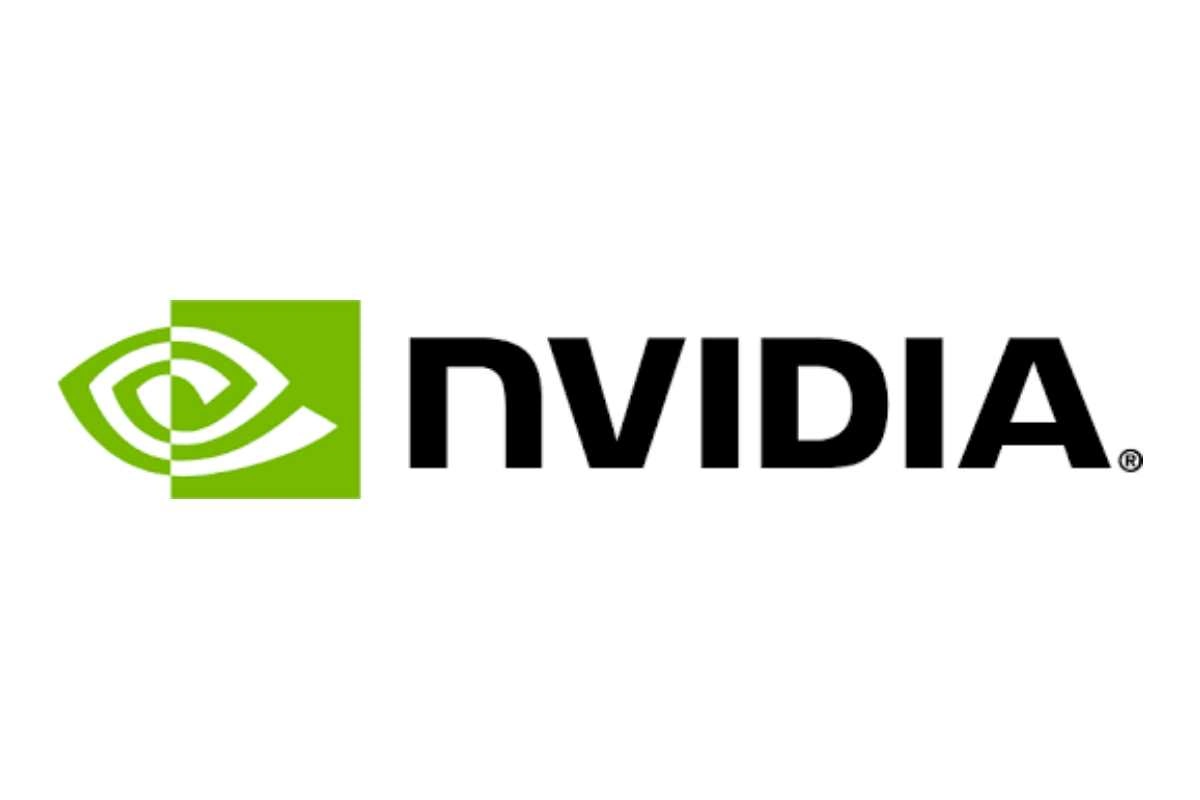













.webp?#)


















































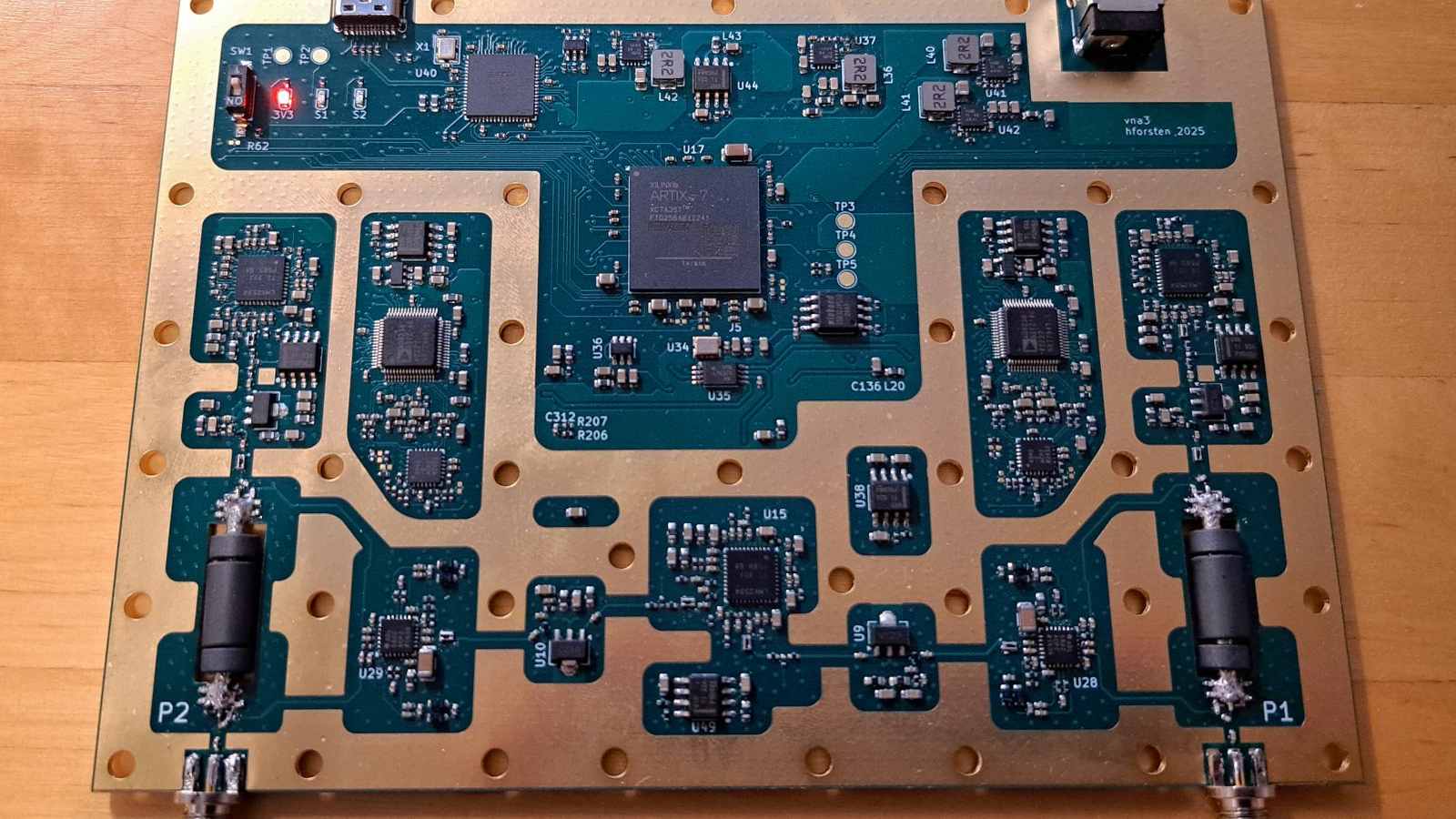
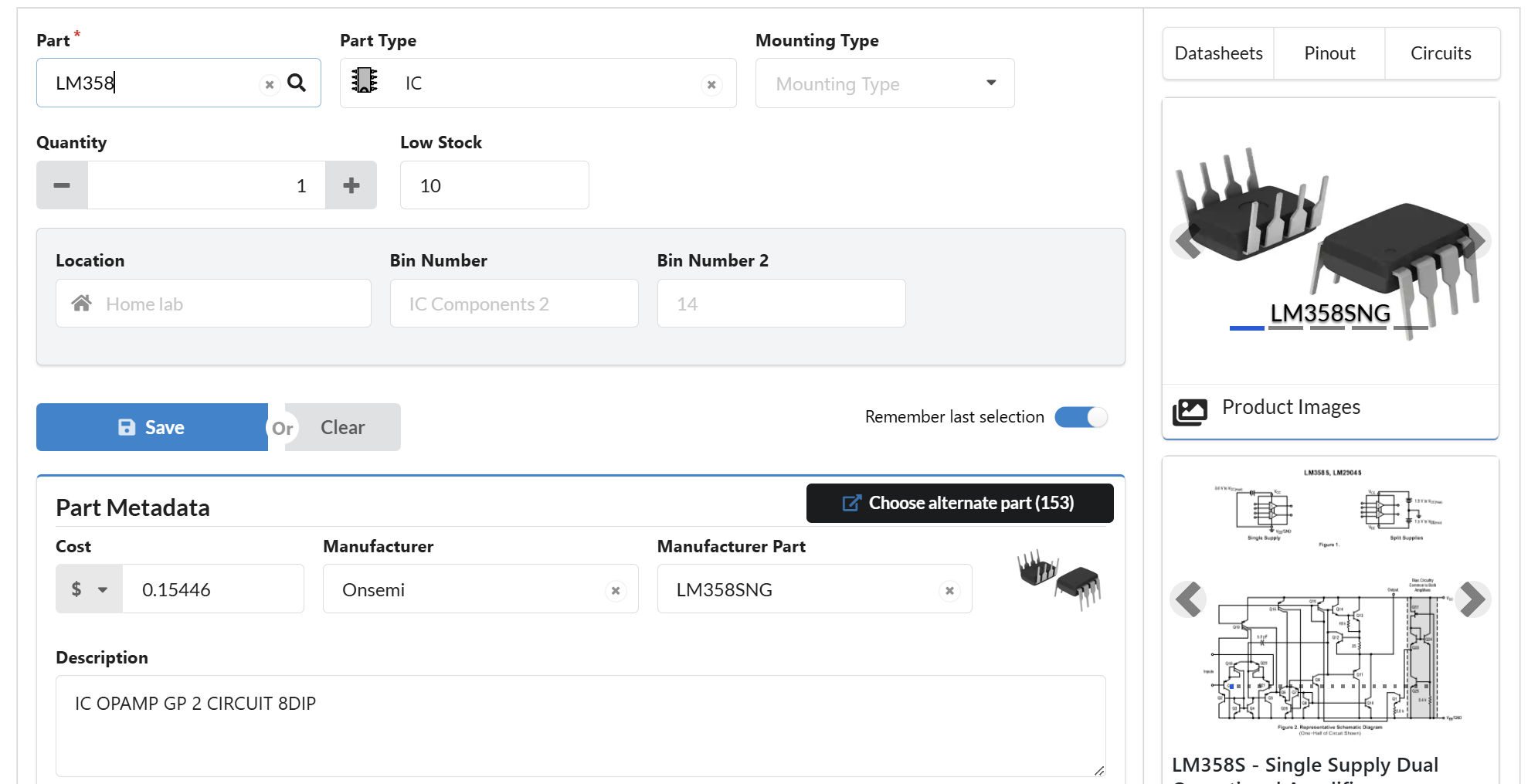































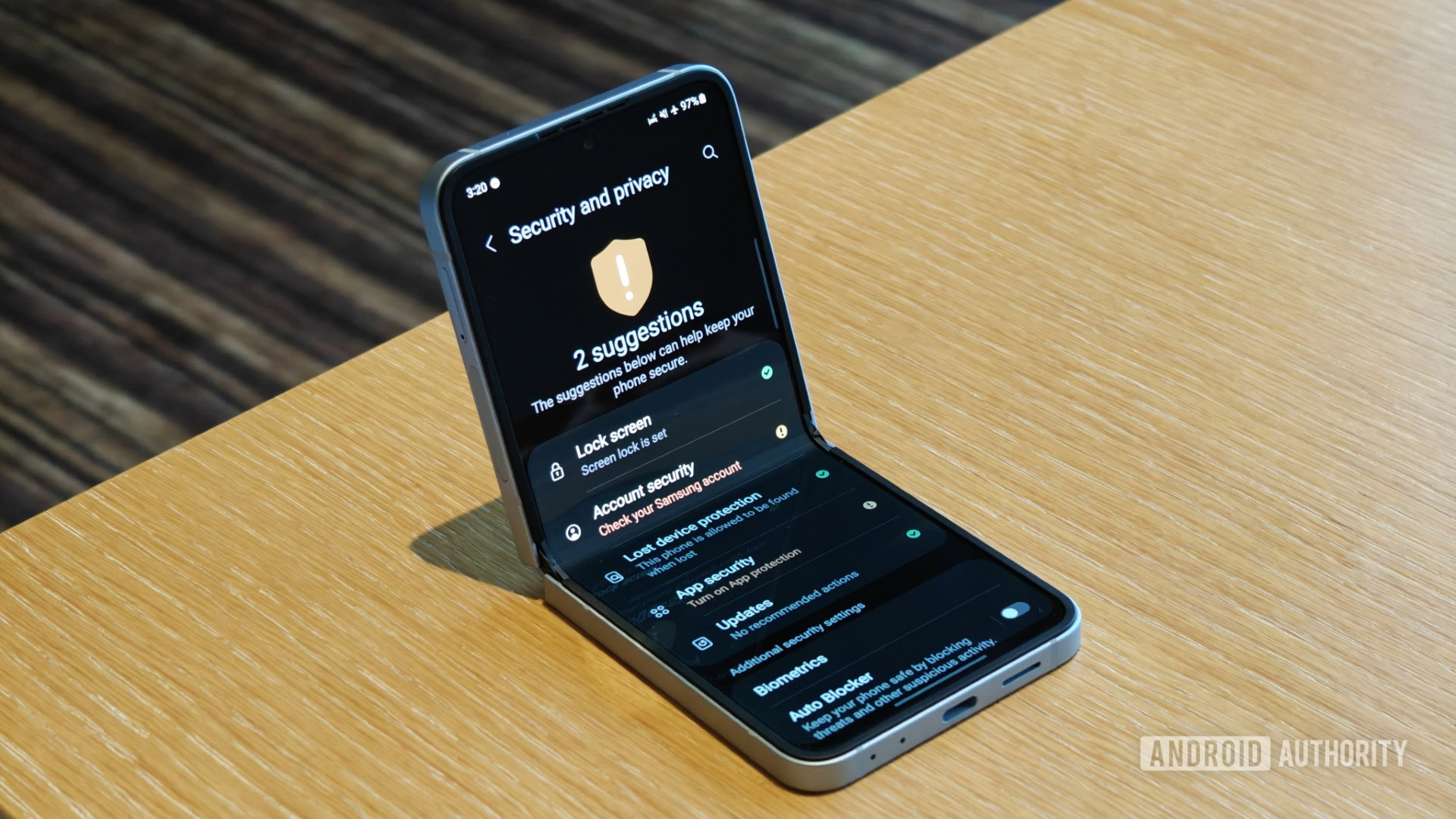





![PSA: It’s not just you, Spotify is down [U: Fixed]](https://i0.wp.com/9to5mac.com/wp-content/uploads/sites/6/2023/06/spotify-logo-2.jpg?resize=1200%2C628&quality=82&strip=all&ssl=1)
![[Update: Optional] Google rolling out auto-restart security feature to Android](https://i0.wp.com/9to5google.com/wp-content/uploads/sites/4/2025/01/google-play-services-2.jpg?resize=1200%2C628&quality=82&strip=all&ssl=1)












![Apple Releases iOS 18.4.1 and iPadOS 18.4.1 [Download]](https://www.iclarified.com/images/news/97043/97043/97043-640.jpg)
![Apple Releases visionOS 2.4.1 for Vision Pro [Download]](https://www.iclarified.com/images/news/97046/97046/97046-640.jpg)
![Apple Vision 'Air' Headset May Feature Titanium and iPhone 5-Era Black Finish [Rumor]](https://www.iclarified.com/images/news/97040/97040/97040-640.jpg)
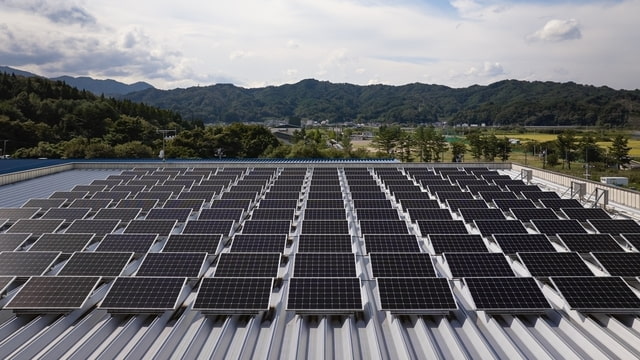



















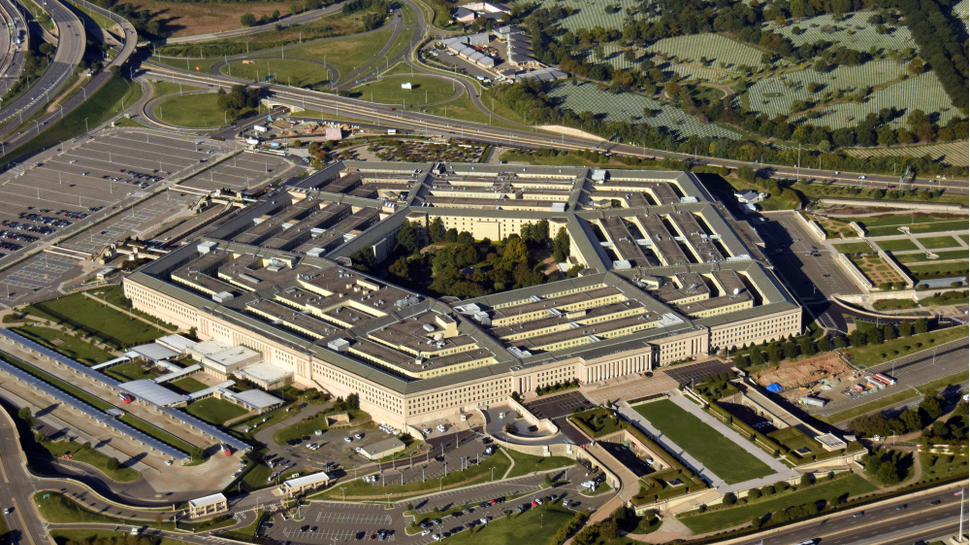



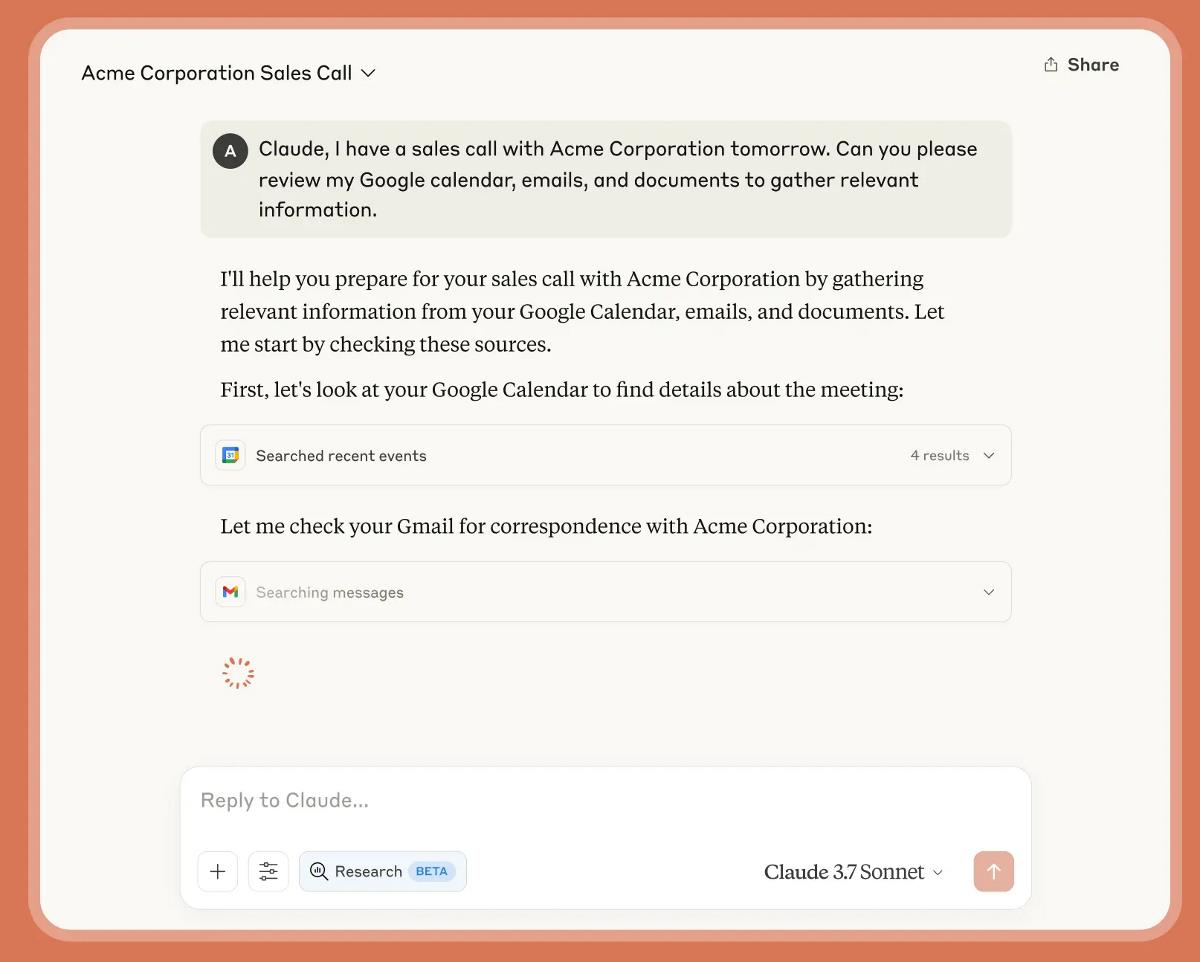









![[Update: Trump Backtracks]The U.S. Just Defunded a Key Security Database, And Your Android Phone Could Pay the Price](https://www.androidheadlines.com/wp-content/uploads/2025/03/Android-logo-AM-AH.jpg)











































































